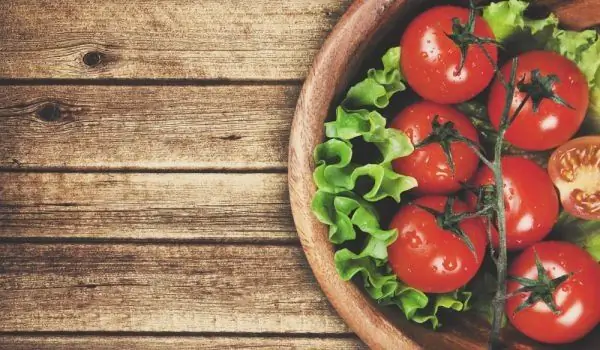2025 Author: Jasmine Walkman | [email protected]. Last modified: 2025-01-23 10:18
Christmas fasts and the traditional table for Christmas Eve this year will be quite salty for Bulgarians, as the price of Bulgarian beans exceeded that of chicken.
Smilyan beans and peeled beans reached prices of between BGN 10 and 12 per kilogram at retail, which exceeded the price of chicken meat and caught up with better quality beef and pork.
Producers from the Rhodopean village of Smilyan say they will not back down from the high price, and to comments that beans have become more expensive than meat, they say that because of the conditions in our country it is easier to raise a pig than beans.

The imported beans from China and India are cheaper, which are offered wholesale for BGN 5 per kilogram. However, experts warn that imported beans should be boiled longer, which can swell your electricity bill. Housewives complain en masse that it takes hours to fully cook the imported beans.
Consumers even joke that due to the higher prices of Bulgarian beans this year in the bean dishes for Christmas and Christmas Eve will emphasize vegetables and onions. And instead of stuffed peppers with beans, some say they will make stuffed peppers with rice.
The prices of beans have long exceeded those of sausages, frankfurters and most salamis, and this year our beans are already being compared to quality pork and beef.

Experts in crop production say that the native beans are almost disappearing from the markets in our country, and the reason for this is 7 times less crops in the last decade.
In 2001, the crops with beans in the country were 107,604 acres, and in 2013 they fell to 15,414 acres.
There are almost no large beans left in Bulgaria, and what is offered in shops and markets is mostly imported. The salvation, according to farmers, is in equalizing the subsidies of farmers with those of their colleagues from other countries in the European Union.
So far, it is rumored that from next year the producers of cereals in our country will receive 2% higher subsidies than those they have received so far.
Recommended:
Grape Brandy And Wine Have Become More Expensive Since Autumn

It is forecasted that from this autumn the grape brandy and wine will become more expensive due to the higher purchase price of the grapes. The news was confirmed by the head of the Vine and Wine Agency Krassimir Koev. From this fall, the bottle of wine will jump by 50 stotinki, and the bottle of grape brandy - by between 1.
Meat Products Have Become More Expensive By Standard

The State Commission on Commodity Exchanges and Markets announced that meat products according to the Stara Planina standard have become more expensive in the last year. The biggest jump was registered by the minced meat, whose wholesale values increased by 80 stotinki per kilogram.
Tomatoes And Potatoes Have Become More Expensive, Salads Have Become Cheaper

There is a decrease in prices for eggs and fresh green salads after the Easter holidays, according to the State Commission on Commodity Exchanges and Markets. There are two objective reasons for this - on the one hand, most of the retail chains woke up with large unsold quantities of these products, which forced them to lower their prices so that they could sell them before their expiration date.
Will Bulgarian Wine Become More Expensive?

The unfavorable meteorological conditions observed since the beginning of the summer managed to have a negative effect on a large part of the agricultural production. Unfortunately, the grapes were also not spared by heavy rains and hail.
Tomatoes Have Become Cheaper, But Cabbage Is More Expensive

The market price index shows that the wholesale weight of greenhouse tomatoes has fallen by 1.4 percent, but the price of cabbage has risen. In the wholesale markets, the values of tomatoes in the last week were BGN 2.07, and the cabbage reached BGN 0.

